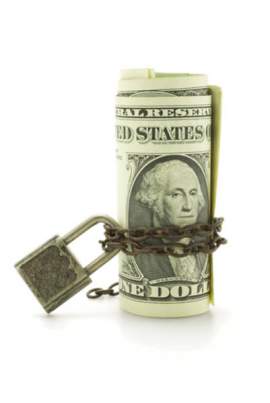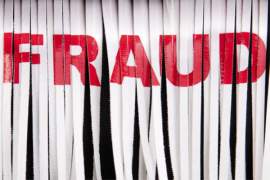
Federal Trade Commission

The Federal Trade Commission was created in 1914 with the Federal Trade Commission Act. While the Federal Trade Commission has any number of different functions, ranging from attempting to eliminate identity theft fraudprevention
Fraud of a "deceptive" nature best fits the rest of this discussion of false advertisingvague terms
Nonetheless, the Federal Trade Commission has enforced its stand against deceptive practices in prosecuting such actions as the use of small printF.T.C. v. Cyberspace.com, when the FTC argued that an agreement to pay a monthly fee was hidden from consumers on a $3.50 check that Cyberspace.com sent out. This, however, was a clearly deceptive instance, as the check was an attempt to trick consumers into agreeing to pay a monthly fee.
Unfair practices are slightly different from deceptive practices; the basic idea of unfair practices is that they damage consumers in some substantive fashion, or that they are unethical or unscrupulous.
The point remains to protect the consumer from the business practices employed by companies simply seeking profits. Unfair practices could easily also apply to false advertising, as unfair practices would cover those times when a company makes a completely false claim on a given product, resulting in countless purchases of that product, all of which would be done wrongfully. Such an instance would likely both fall into the domain of unfair practices and deceptive practices.
The Federal Trade Commission's role in such fraud cases is to investigate and then prosecute them in court, to the full extent of the law. While this may vary in any given situation based upon the exact decisions issued by the court, the main point is that the Federal Trade Commission will not allow any company to get away with any kind of fraud of such a blatant nature as the deceptive and unfair practices of false advertising.


















